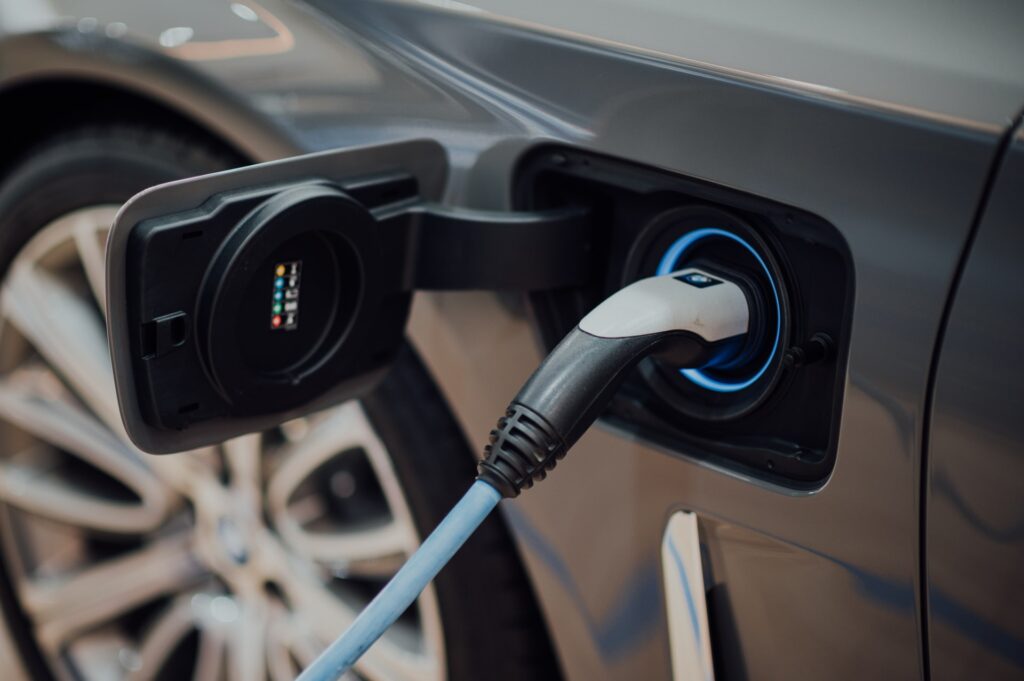My neighbour recently bought an electric car. The MG5 family estate to be exact. His shiny new toy peaked my interest.
He’s not only doing his bit for the environment, but saving masses in fuel prices.
His electric car means no London ULEZ zone or congestion charge. It also means not having to pay road tax.
Plus, there’s the bonus of lower car insurance and service costs as electric cars have fewer parts that need to be checked and replaced.
If, like me, you’re wondering if, and when your next car should be electric, this is what I found out.
How much do electric cars cost?
The average cost of electric cars in the UK is £44,000. This can be much higher for luxury brands such as Tesla, Porsche and Jaguar, which can set you back £80,000.
For non-luxury makes such as Nissan, Hyundai, Renault, Kia and Fiat, they average at £27,000.
In case you’re thinking, I’ll settle for a second hand one instead, you’ll still need to cough up about £23,000.
This is because even now, there are not that many electric cars on the market.
What batteries do electric cars use?
Four types of batteries can be used: nickel-metal hydride (used in hybrid cars), lead-acid (last about 3 years), ultracapacitors and lithium-ion.
Lithium-ion batteries are the most used because they’re lighter, save space with smaller battery packs, and offer a longer range. The batteries typically last 10 or even 20 years before they need replacing.
While you can debate how the electric car market has raised concerns about lithium demand, there’s probably not enough time to go into this with this blog.
How do you look after the battery?
With any car, you’ll need to give it a bit of TLC. What deteriorates an electric car battery is how often it’s charged, and any overcharge as this generates heat. Too much heat can damage the battery over time. A bit like a mobile phone.
The recommended amount to keep electric cars charged is between 50-80% and to stop charging when it reaches capacity. Some electric cars stop charging once full, and others slow their charging for the last 20%.
What if you run out of charge?
This bit freaks most of us out, also known as ‘range anxiety’. It’s imagining yourself driving when panic strikes that your car will run out of power before you get to your destination.
The larger the electric car’s battery size pack, the more range it offers. Batteries can range from 32.6kWh to 107.8kWh.
To give you an idea, a smaller 40kWh electric car battery (e.g. the Nissan Leaf) gives you a range of about 168 miles on a single charge.
Meanwhile, a medium-sized 61kWh battery pack, which my neighbour has with his MG5, can offer 250 miles on a single charge.
Then on the large end, a 100kWh (e.g. Tesla’s longest range Model S) is good for up to 405 miles.
How long do charges take?
A smaller 40kWh electric car battery would take about 24 hours to charge on a slow charge, 7.5 hours on a fast charge and 40 minutes on a rapid charge.
My neighbour estimated that his medium 61kWh battery takes about 32 hours to charge on a slow charge, 11.5 hours on a fast charge and about one hour on a rapid charge.
What’s with the different types of charges?
Depending on how much time you have, you can charge an electric car on either slow, fast, rapid or ultra-rapid charge.
Slow charging would be using an electric car charging unit that you can plug into your house socket. Nice and easy.
Fast charging would be using a wallbox charger that you can install at home. These cost about £500.
Meanwhile, rapid or ultra-rapid charges can be found in public places.
Generally, slow and fast charges are better for the battery life in the long run.
All in all, electric cars seem to be a great investment that can save you money and a conscience in the long run.
There are factors to consider though. If you can charge from home (for example, if you live in a flat or if your car is not parked close by). And if there are backup charging facilities in your area, just in case.
Ultimately, it will always come down to affordability, practicality and individual choice.

Im pretty pleased to uncover this site. I want to to thank you for your time due to this fantastic read!! I definitely loved every part of it and i also have you book-marked to look at new stuff on your site.